In the coming weeks, Redskins.com will be interviewing position coaches about younger players who have made significant contributions so far this season. Here's who we've interviewed so far:
This week's conversation is with special teams coordinator Nate Kaczor on the immense success Steven Sims Jr. has had as a kick returner as an undrafted rookie. Through 12 weeks, Sims leads the NFL in return yards (666) and attempts (66) and is one of six kick returners to find the end zone this season. By far his best performance came against the Detroit Lions, when he scored a 91-yard kickoff return touchdown and added a 33-yard return on the opening kickoffs.
For his efforts, Sims was named NFC Special Teams Player of the Week for Week 12.
Take a look at the top photos from the Redskins victory over the Detroit Lions.
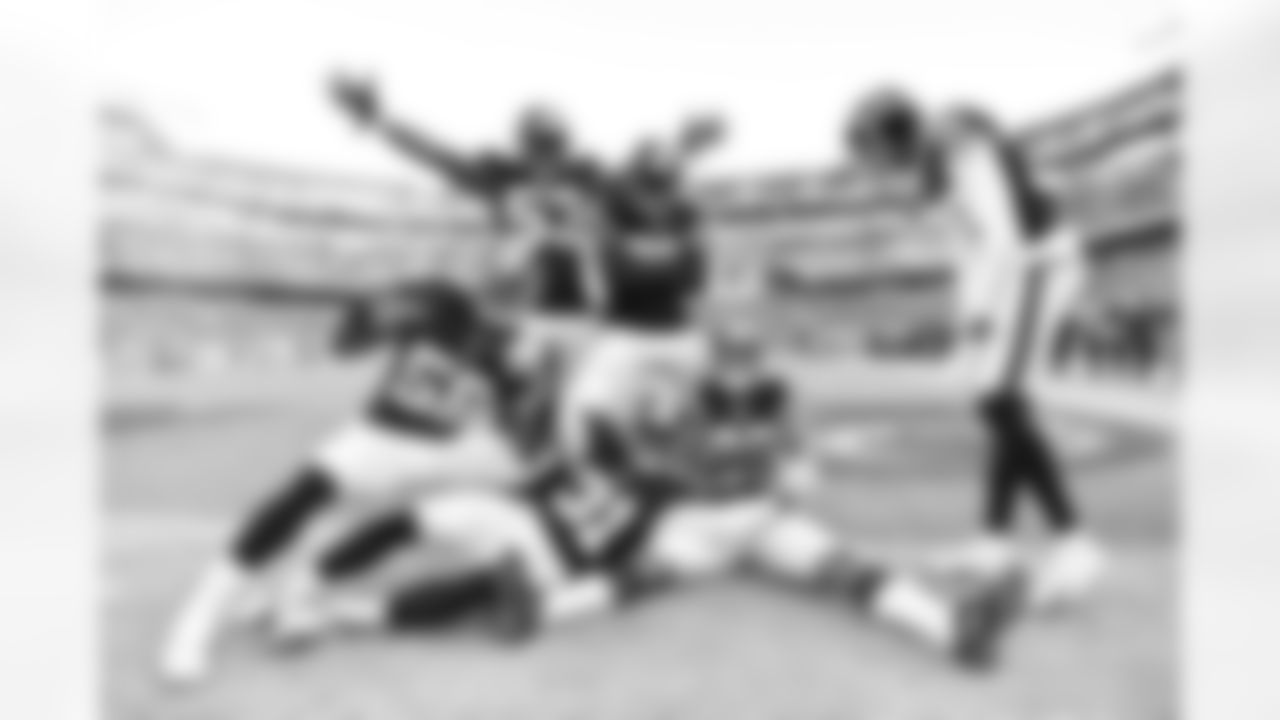
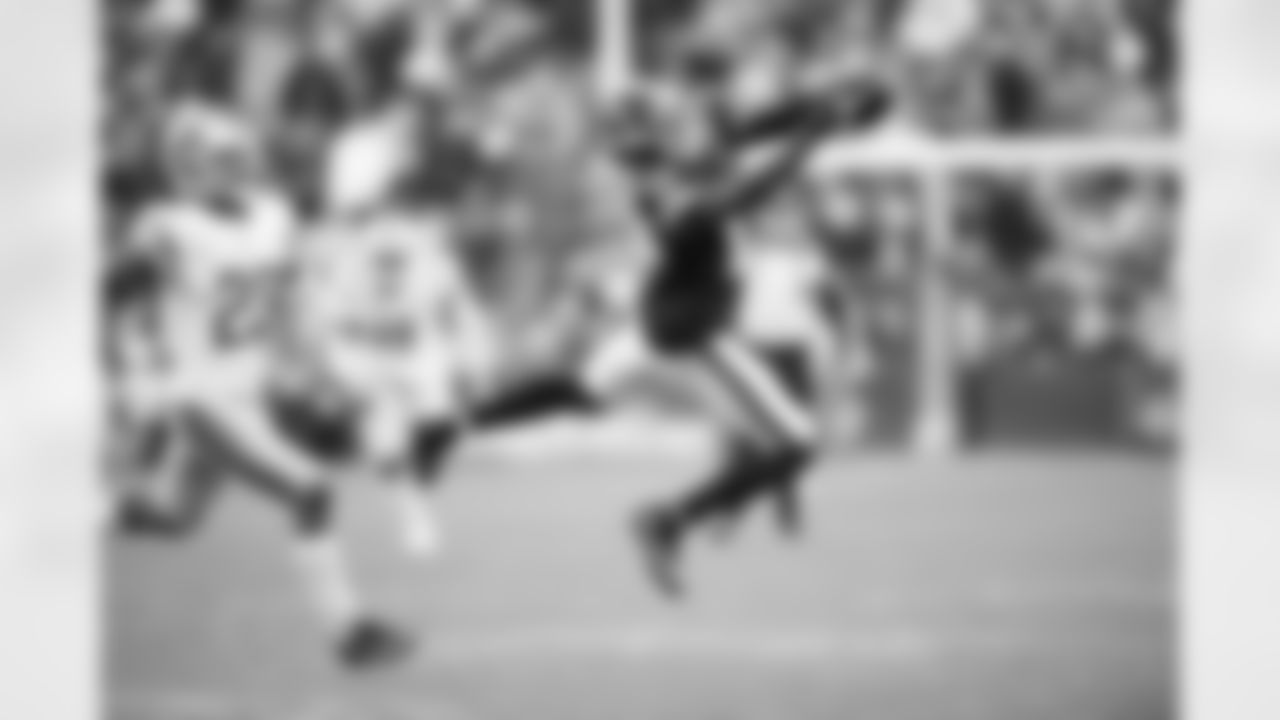
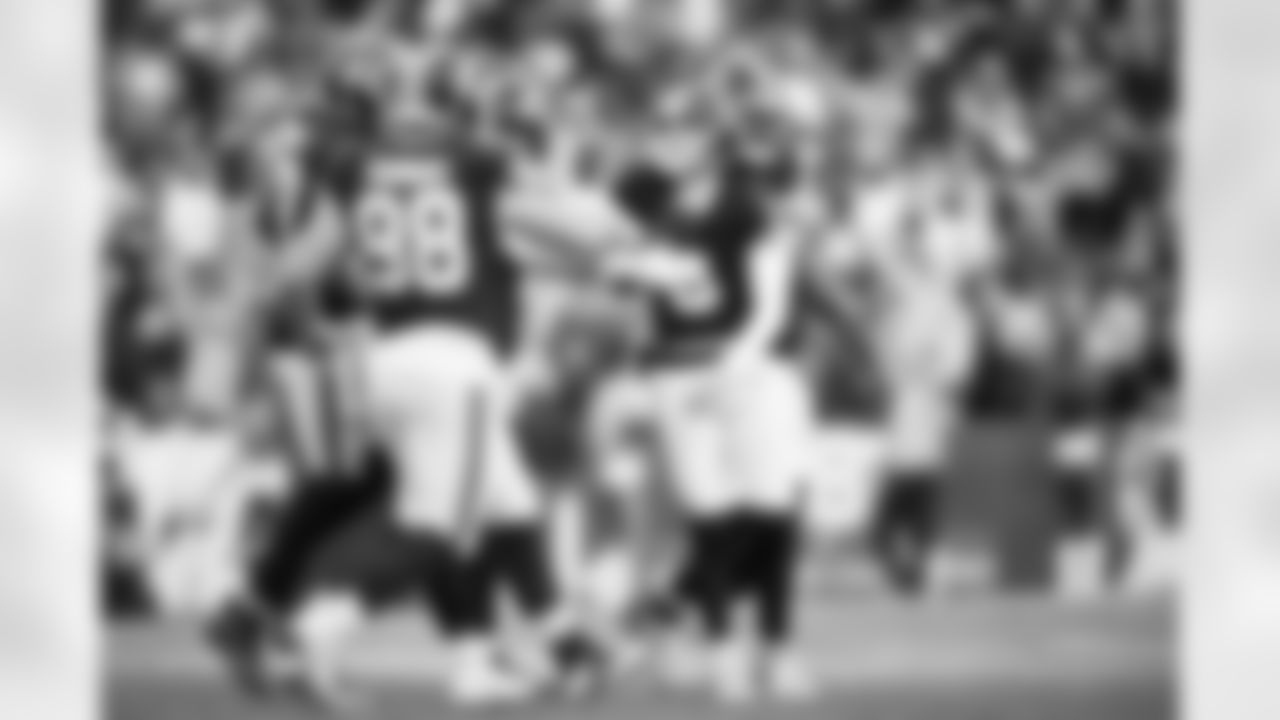
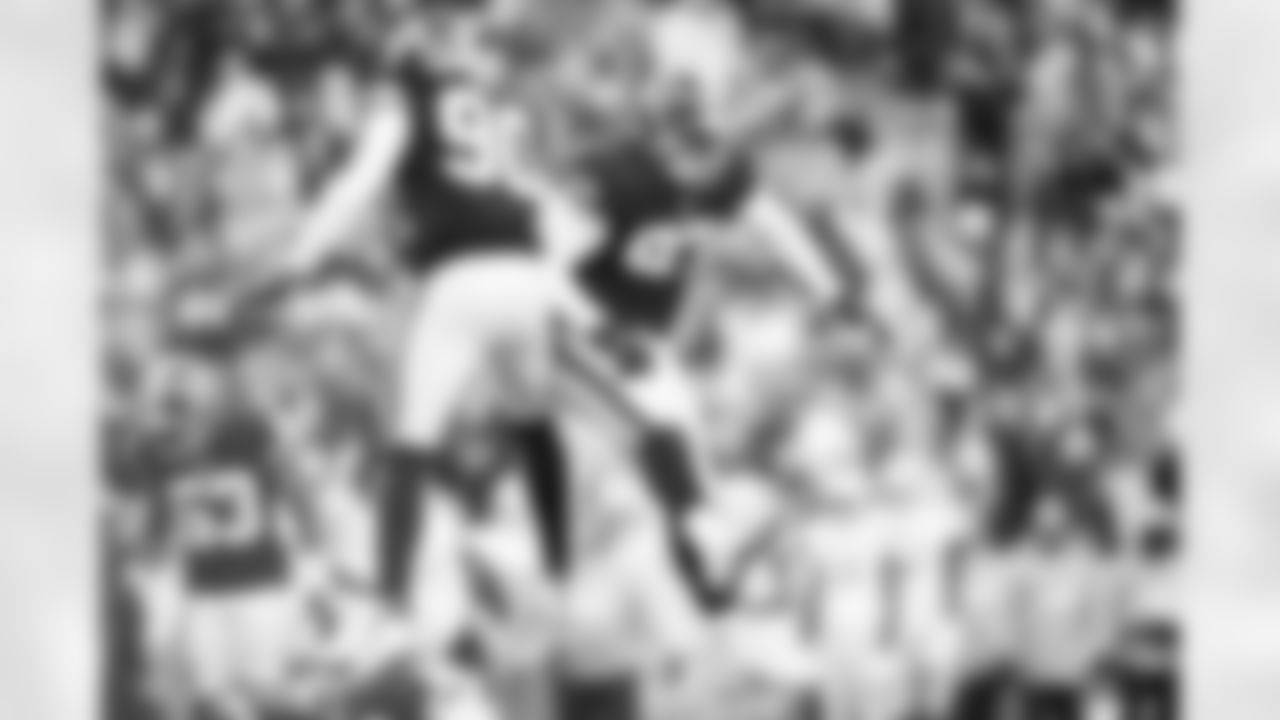

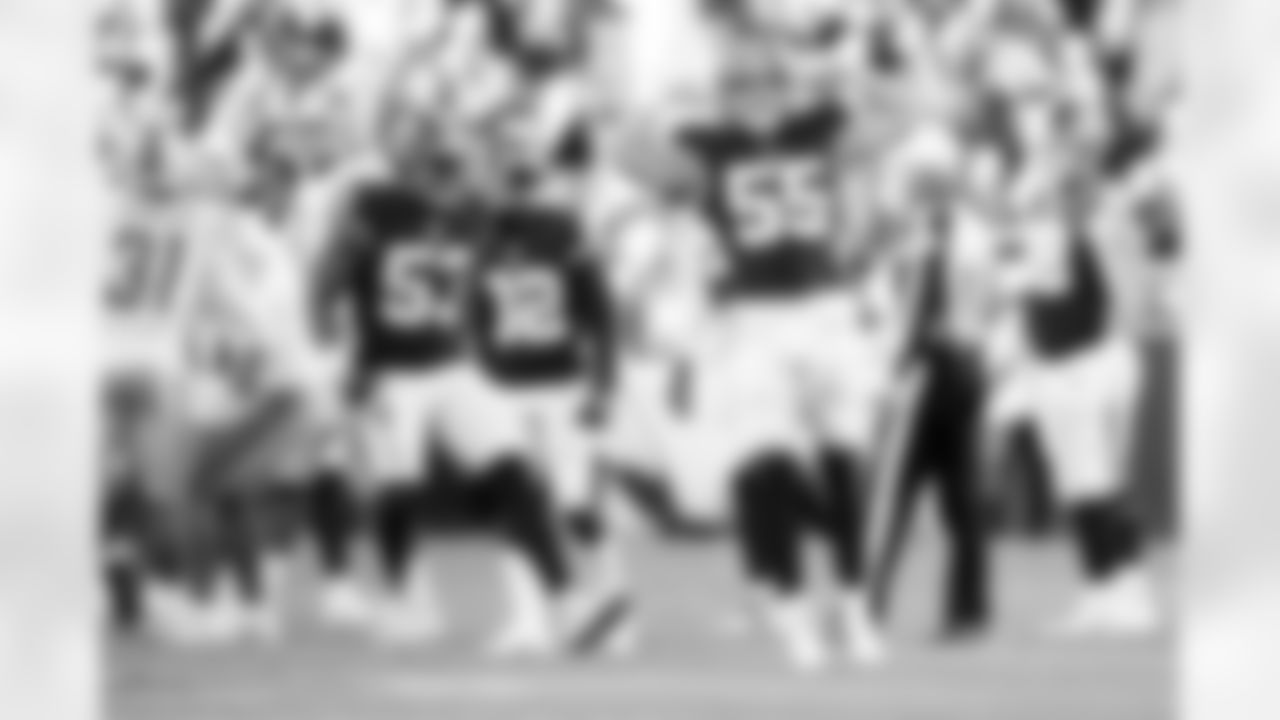
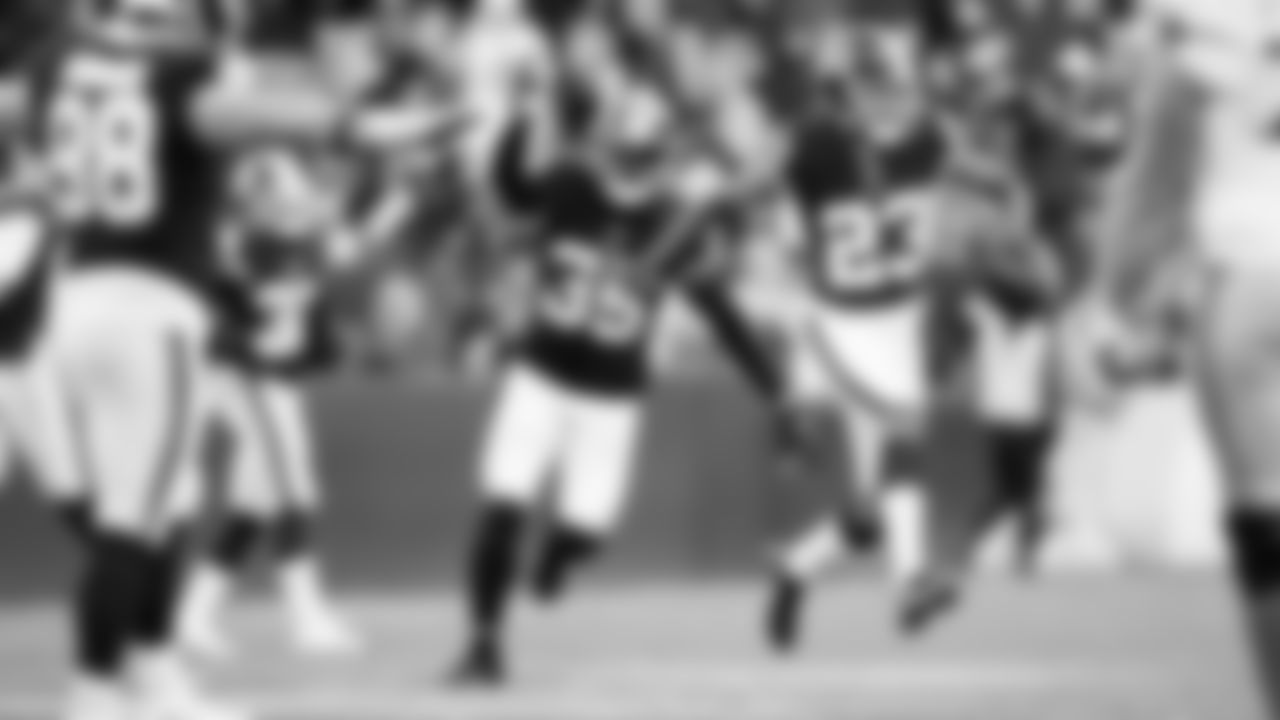

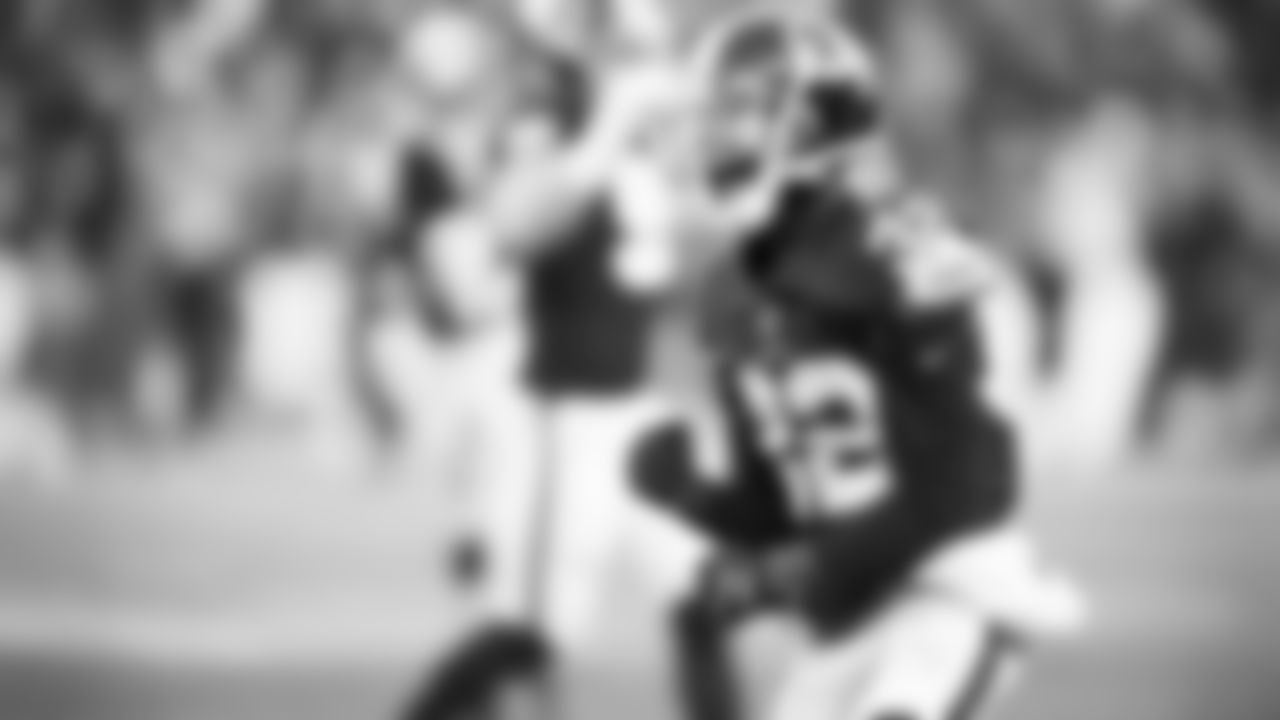
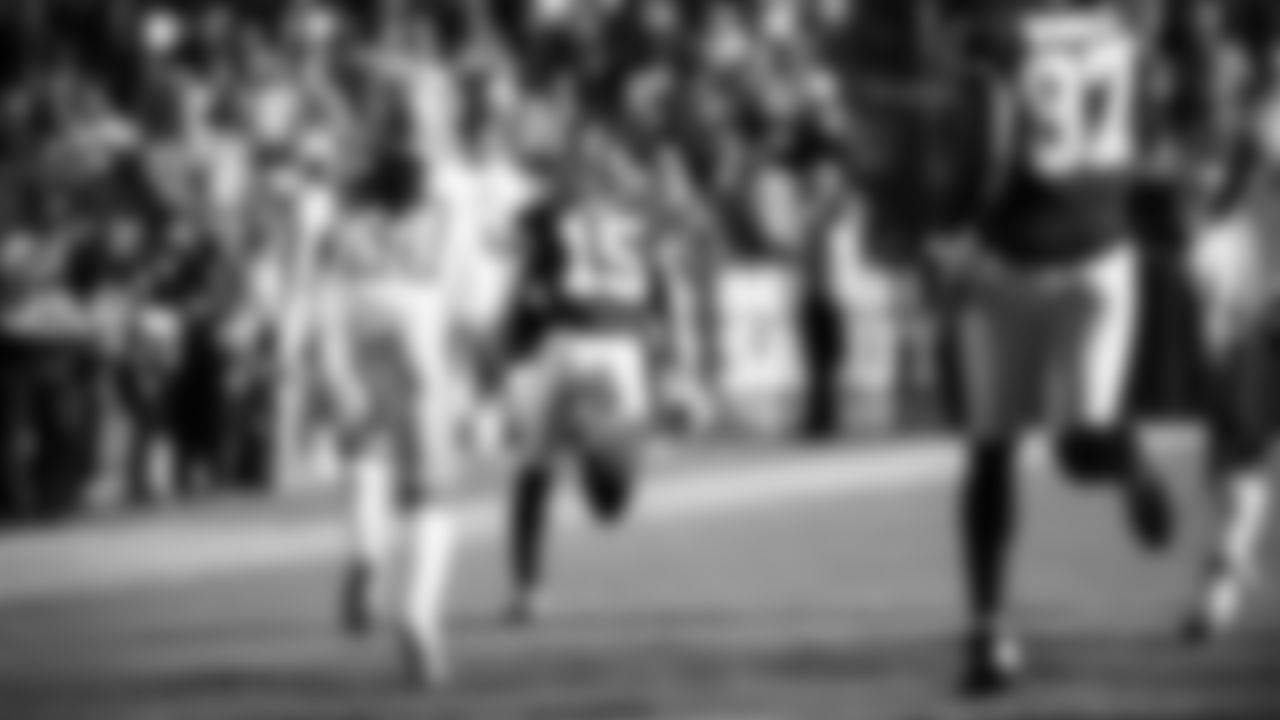
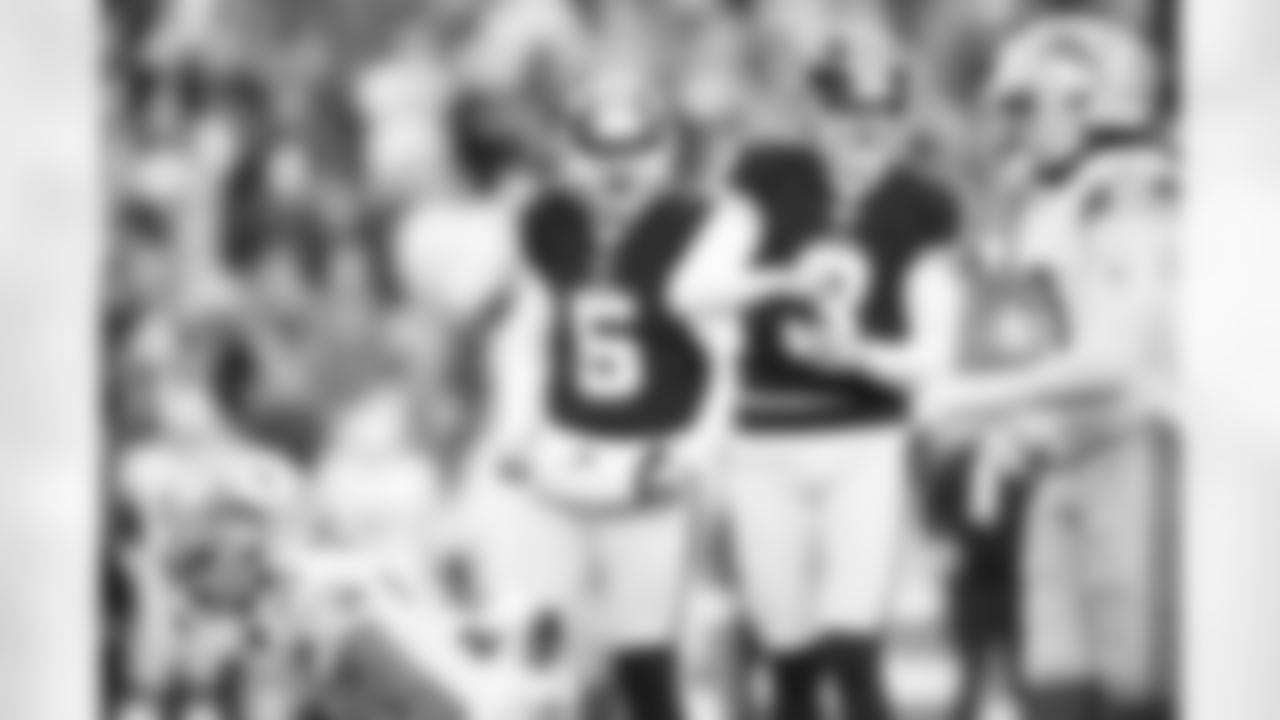
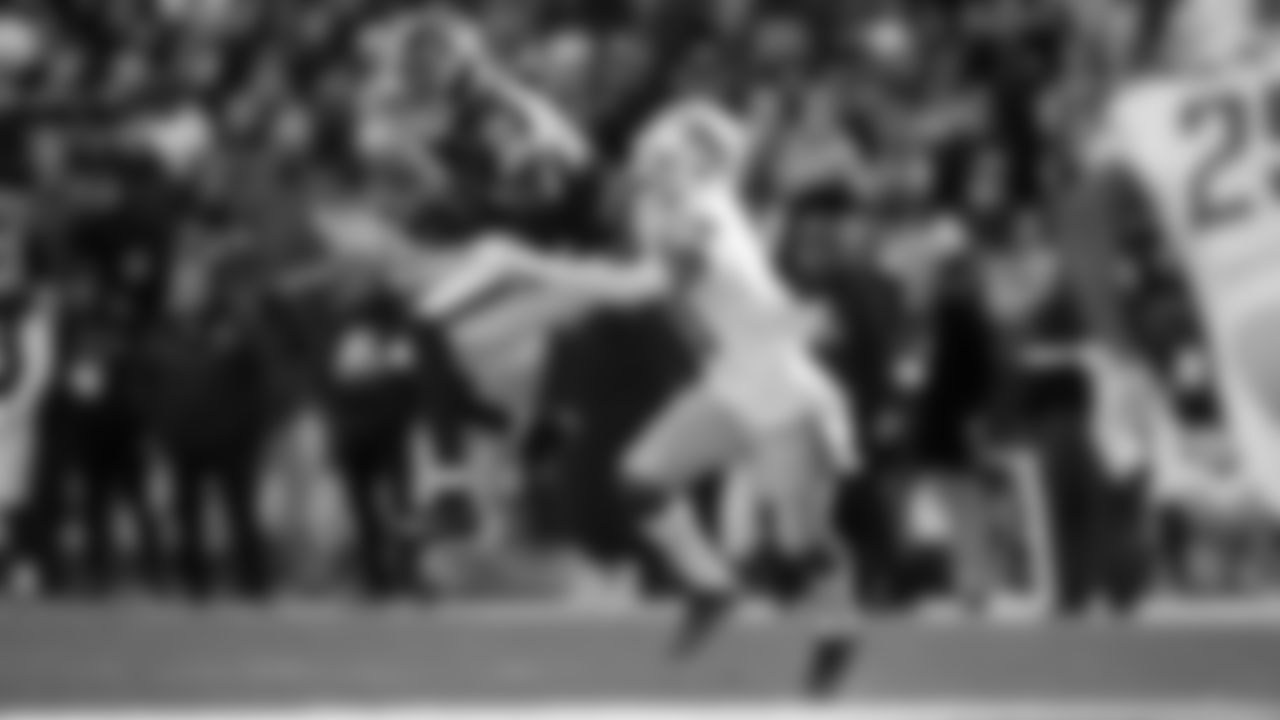
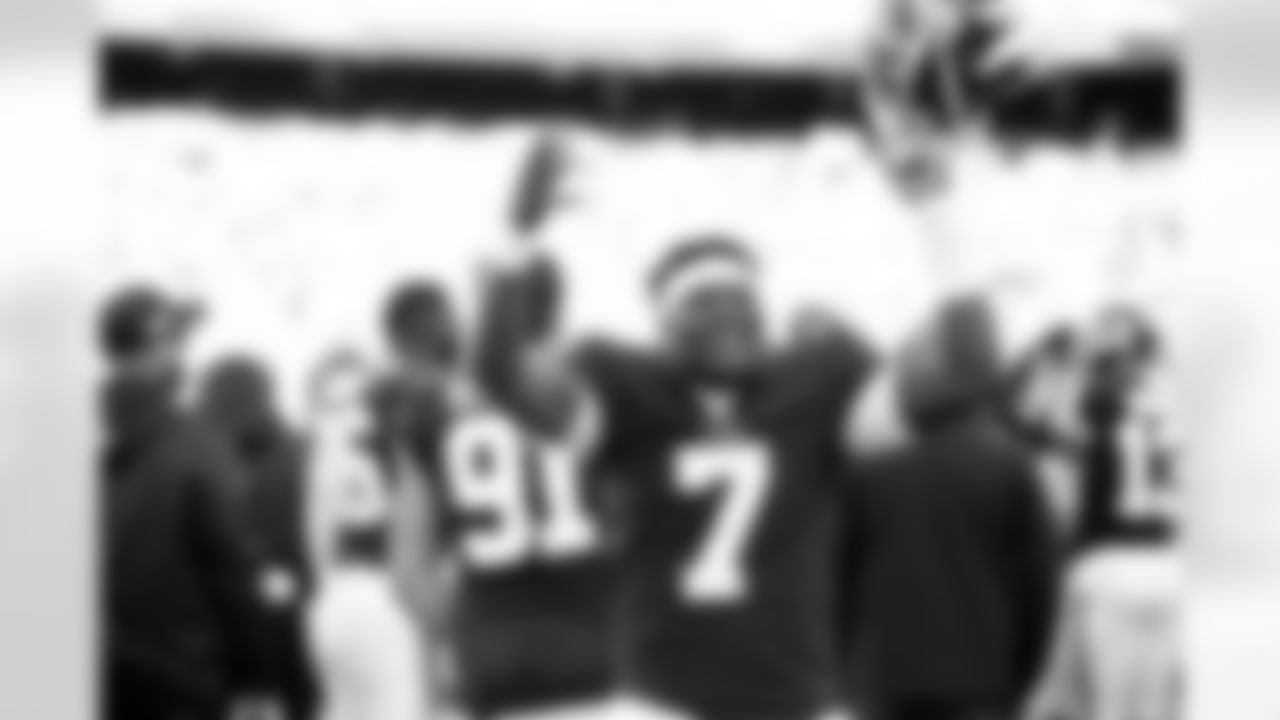
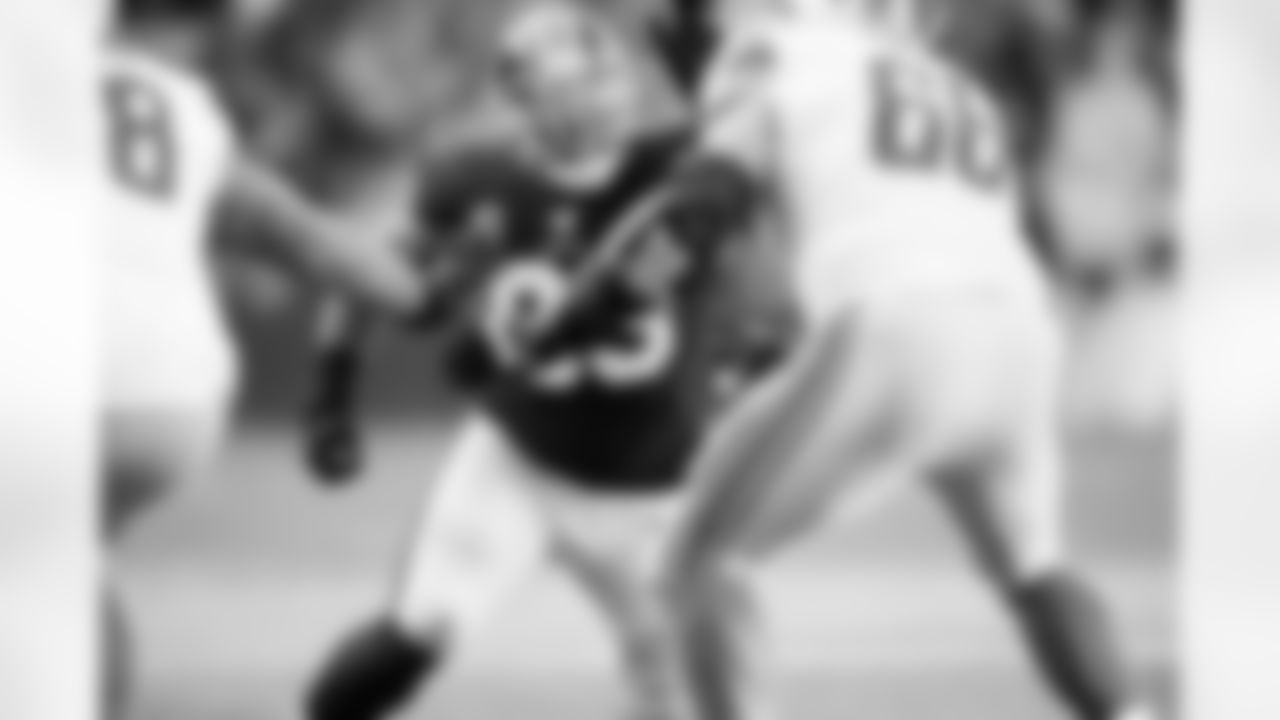
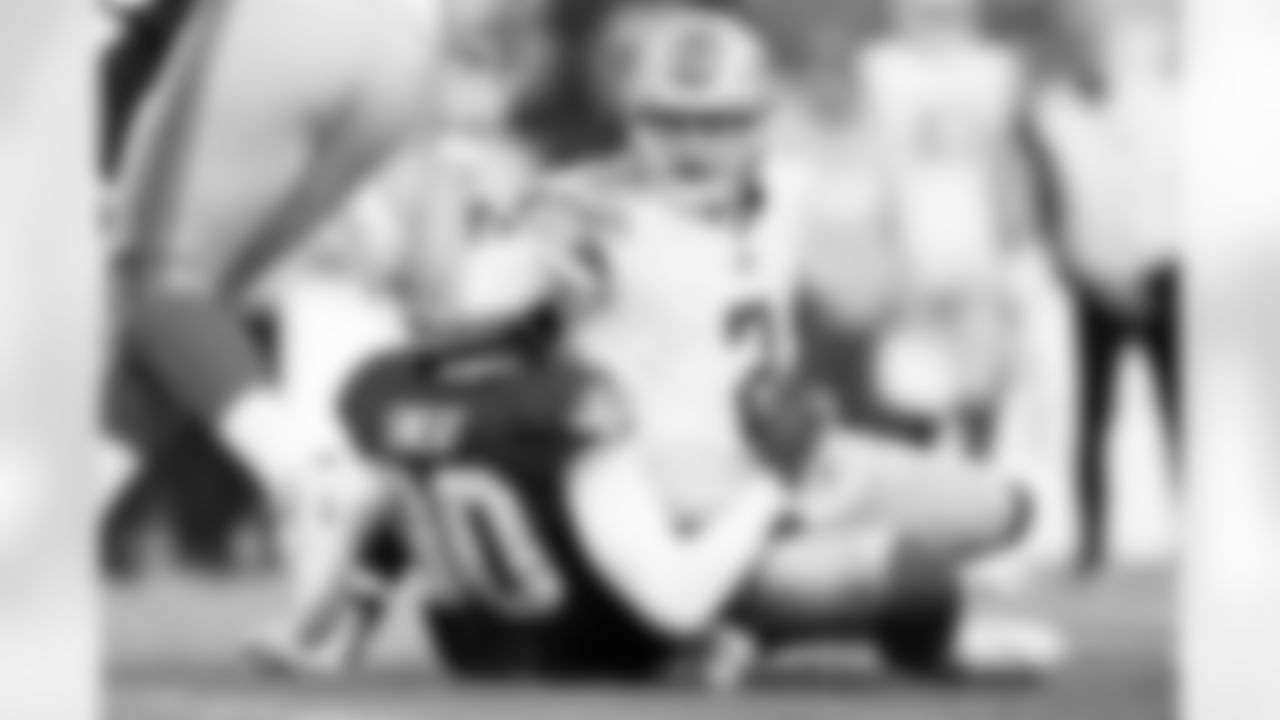
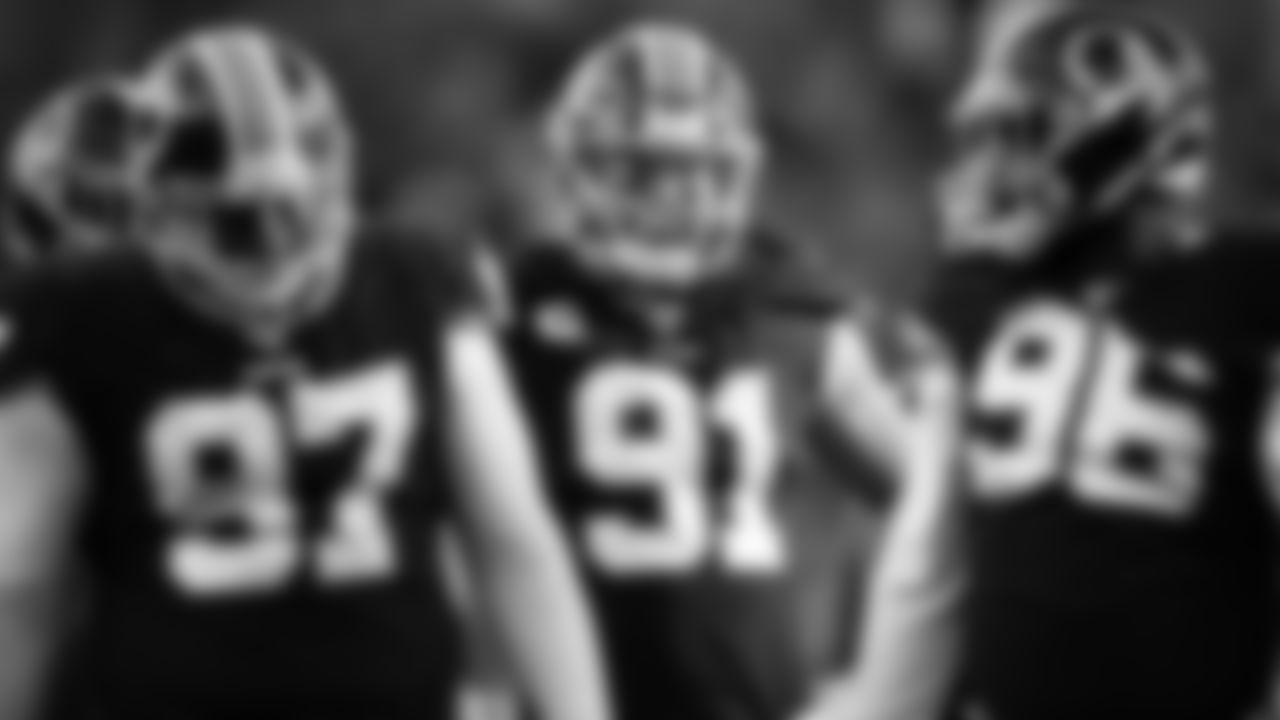

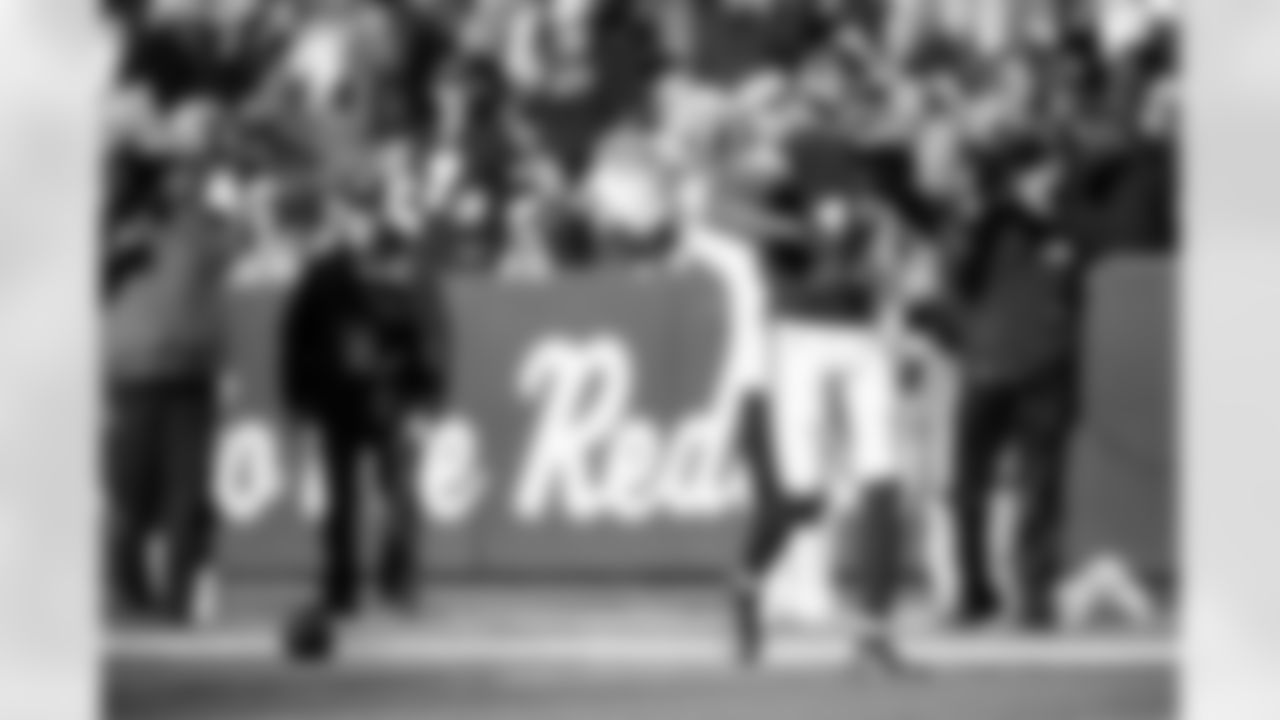

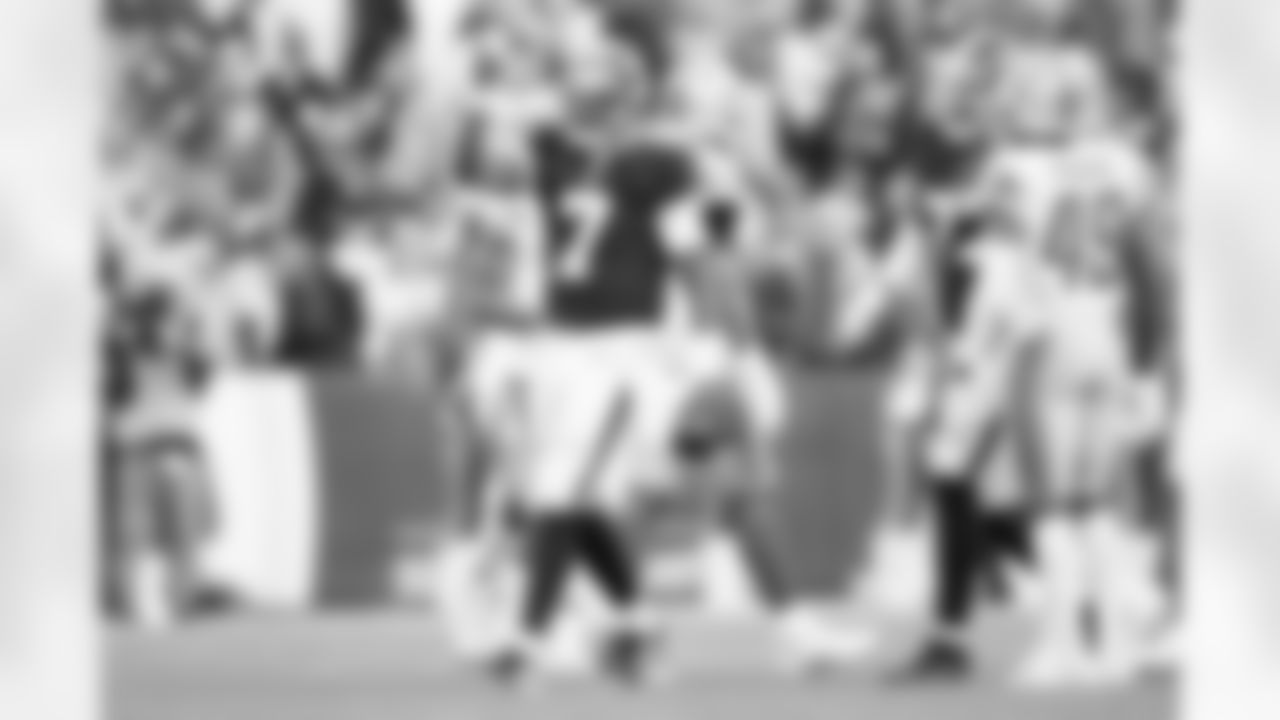
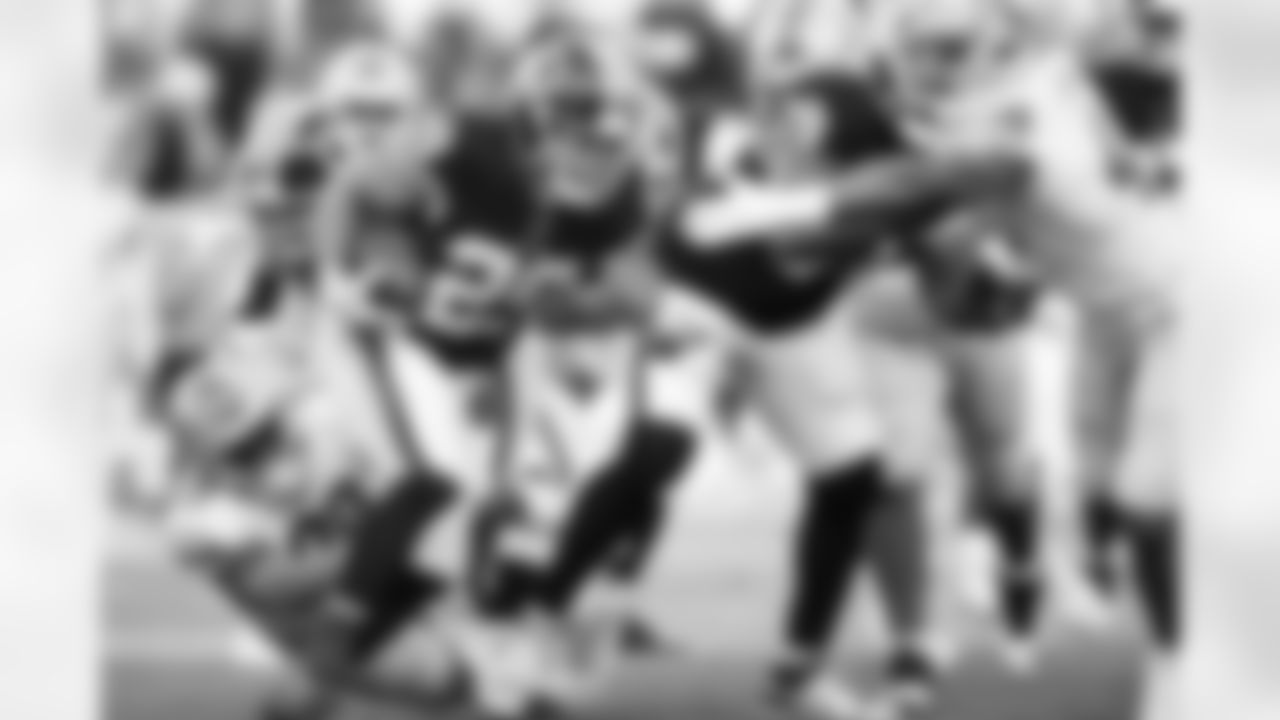
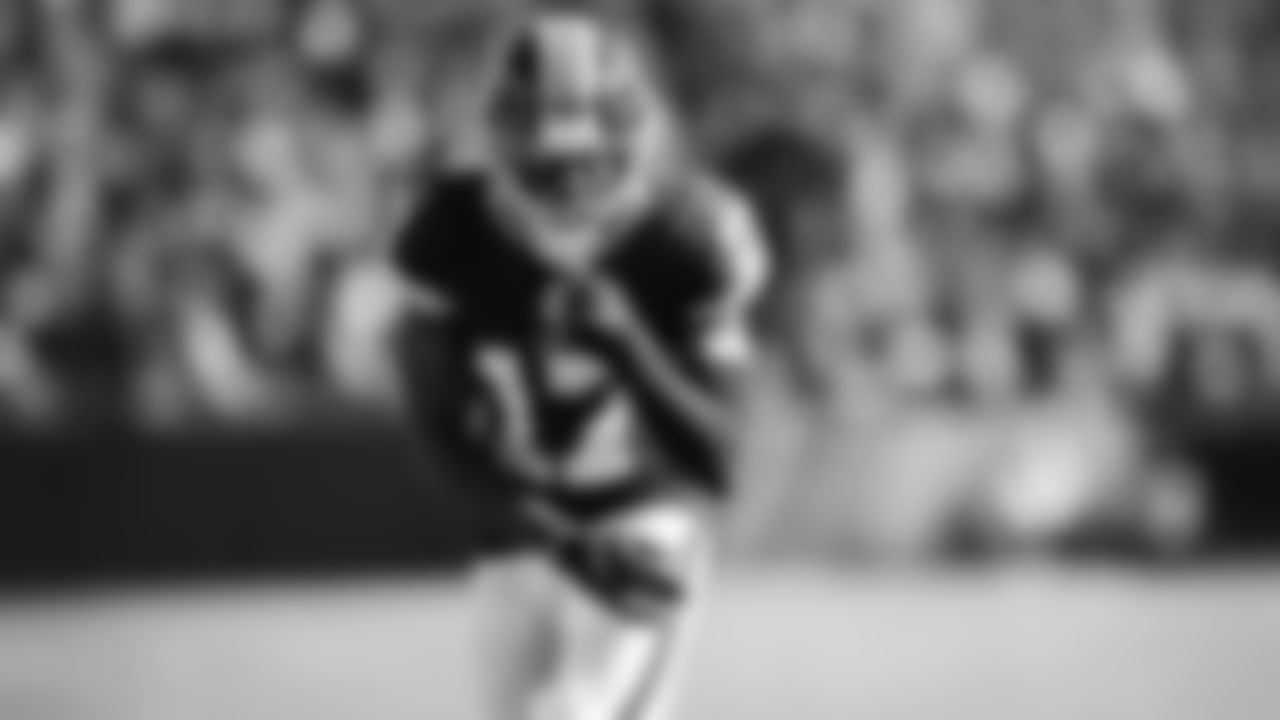
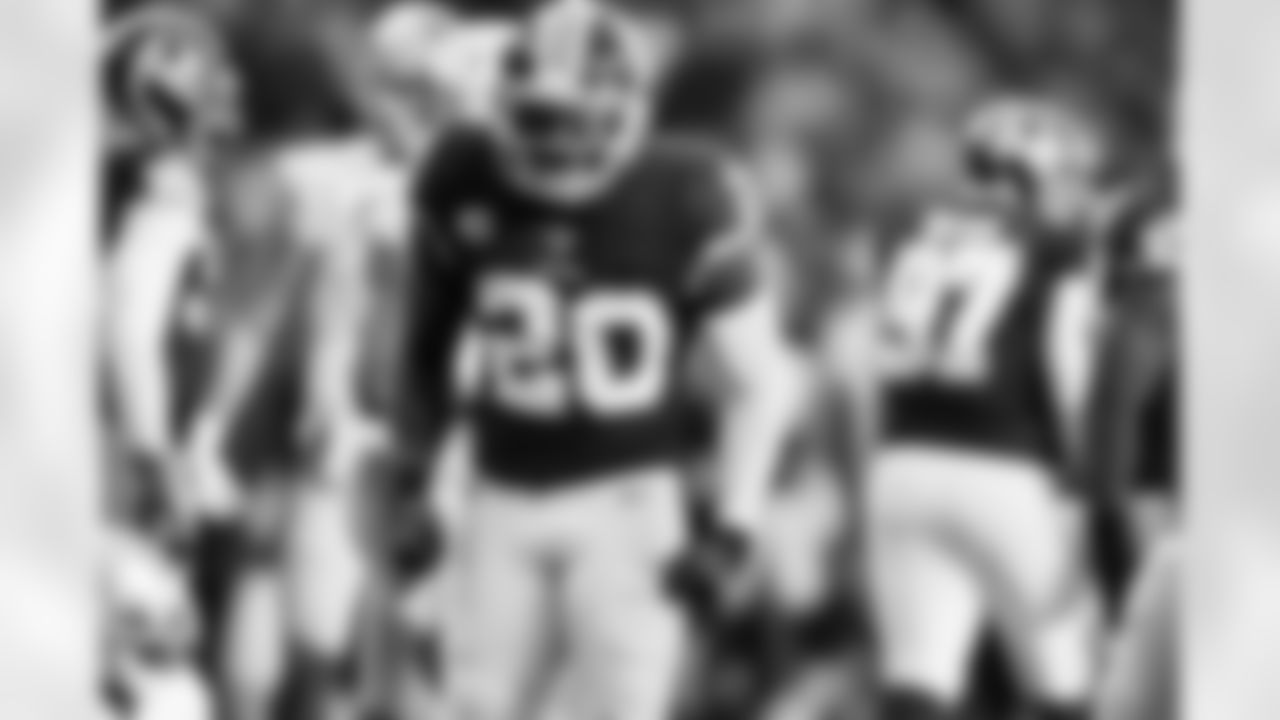
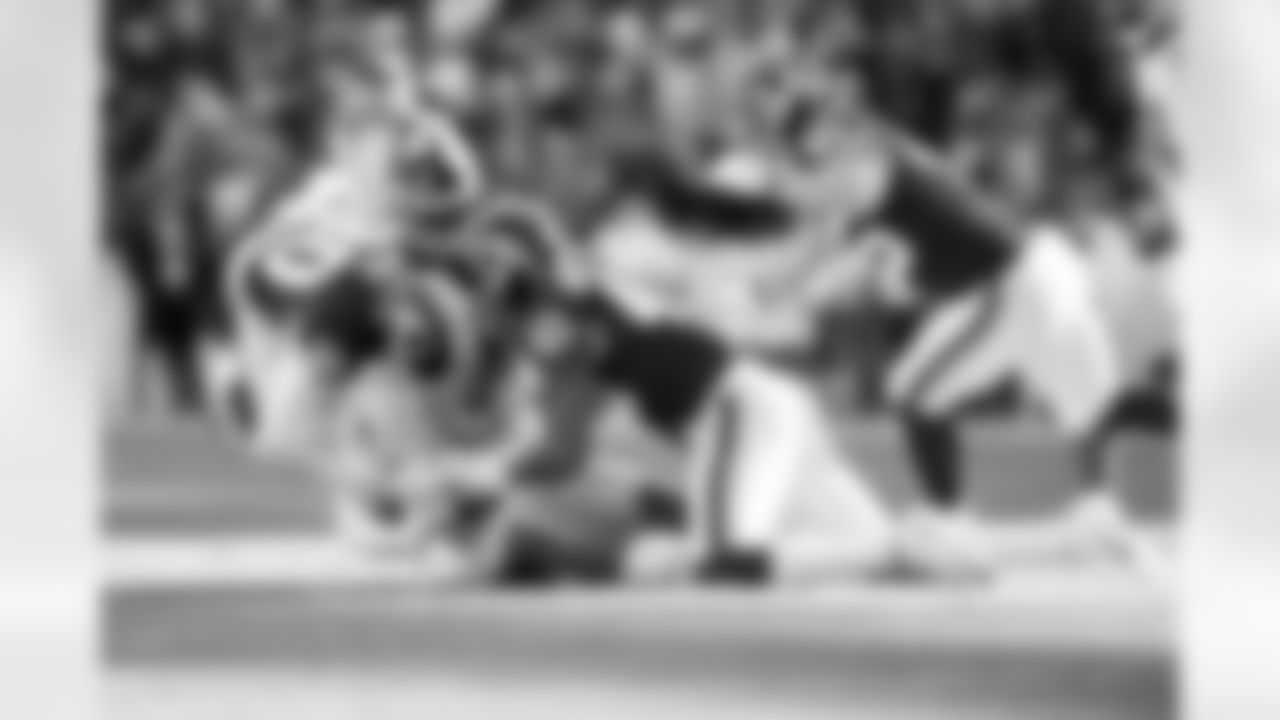
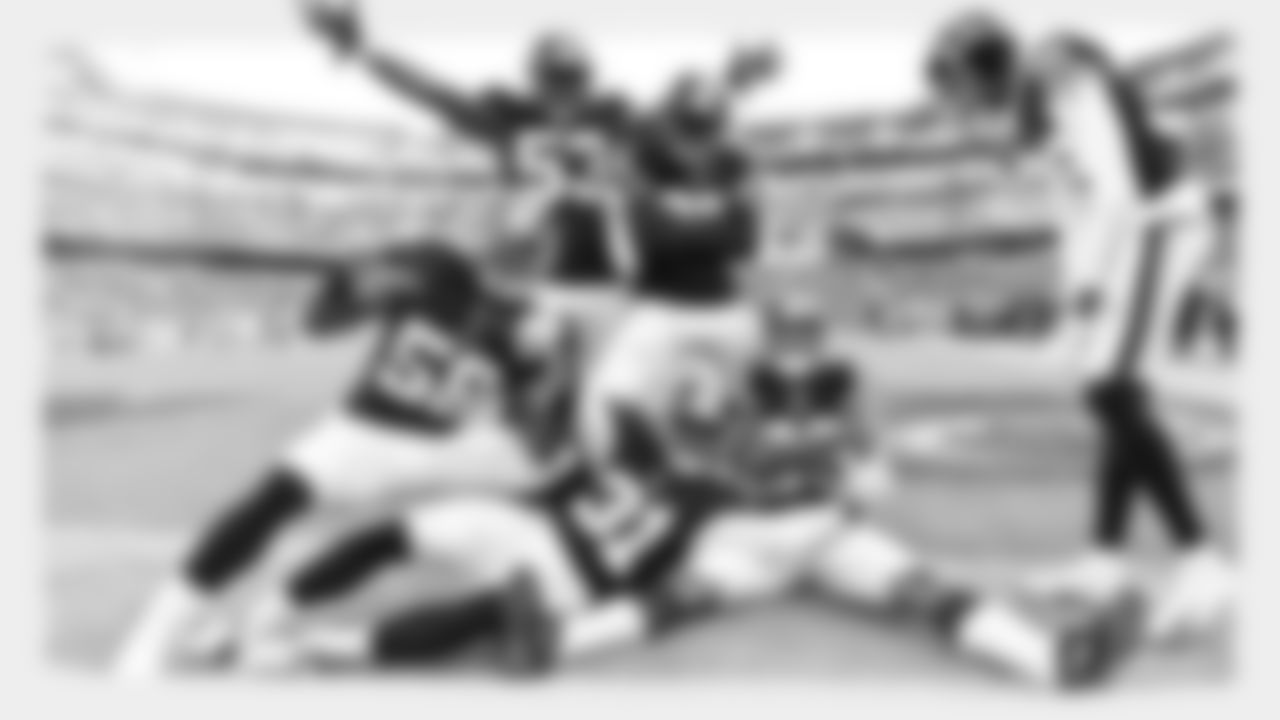
Question: What were your first impressions of Sims as a kick returner?
Nate Kaczor: The same things you see now: his explosiveness, vision, very good balance for not a big player. He has a very sturdy lower body, so he's able to run through arm tackles most of the time. That has not changed.
Things we've built on his skill set that he's getting better at are not chopping his feet and stopping in the hole and running through contact and what we call one cutting, where you're very decisive and you stay on the move.
Q: So pretty much right away you saw that Sims could be a kick returner in this league?
Kaczor: Anybody that has that kind of quickness -- we call it quick out of the catch, short area speed, whatever you want to call it -- he's got that.
The physical part of it, breaking tackles and whatnot, you don't see that until you have pads on and you're actually tackling, which happens in the preseason.
Obviously, the ball skills with any returner -- some are better than others -- but he's had a few that he did not catch cleanly. He is capable of catching punts, too, but on kickoff the coverage isn't as close to you most of the time when you are handling the ball, so there's a little bit more forgiveness there with the ball handling.
The ball handling has just been a work in progress since he's got here, in particular on punts, but you could always see the running skill."
Q: How did you improve the choppiness and the decisiveness?
Kaczor: Any improvements he made are a credit to him because he'll look at the film and study it with us. Just watching tape, watching tape of other good returners that I had him watch and on their body language, running style. So I think always showing someone a picture of what it should look like.
And then just helping him and coaching him in meetings and in front of the other players that are blocking for him. They have some good blocking going on; we just have to be decisive when we're hitting it. And he's obviously had some nice returns when it wasn't blocked as good. So, the return game works hand and hand, the blocking and the running.
It's just been a collection of studying and working in drills, asking that he holds himself accountable in practice to run with that style, and he's getting better at it.
Q: Which returners did you primarily show him to show what kick returns should look like?
Kaczor: More so when we watched the other returners, that was early in the year about body language, about the way they stand on the field, the way they leave the field. And when you're trying to develop somebody as a respected returner that people pay attention to, which when you're an individual returner in a professional sport, you're trying to build your personal company, which is you. And you contribute to the team with your personal skills.
So we talked and we continue to talk about, 'How do you want to be viewed when other people turn on the film? If there's a touchback, how are you leaving the field. When you get tackled on a poor return, how are you getting off the ground leaving the field. So we studied more of that than actual return schemes of other people. A big part of building yourself as a player is what you're presenting on film other than your skill.
Q: Was there a specific kick return, whether in a game or during a practice, where Sims implemented what you've been working with him on?
The 85-yarder in New York that got called back, he had to break an arm tackle there, and quite often you do. We've seen it before, so it was not something of a physical epiphany that it just happened. We've seen it.
And if you want to talk about studying other returners, we mostly study him. 'Look what happens when you run like this? This is what happens. Look what happens when you chop your feet?'
Basically, it's getting him not to react to coverage that's close to him by stopping and trying to cut. He's such a good lateral cutter that he thinks he can lateral cut and get away from anybody. But on kickoff return, that's not what you need to do as much as keeping it going down the field as much as possible. And certainly setting up blocks and one cutting, but not chopping your feet and trying to jump cut like a running back.
Q: What was going through your head before, during and after Sims' 91-yard kickoff return touchdown against the Detroit Lions?
Kaczor: When Steve is back there, when I'm watching from the sideline, you don't always have the best vision of every single block. But when I see him disappear for a period of time into the blocking, I really do expect him to show up on the other side of it, whether it's for a 26-yard return or a longer one. I expect to see him going through there.
And those guys that are blocking should expect the same thing. That's why you have a guy that has some explosiveness, it always creates a little bit of subliminal belief for the blockers that if I get this guy, there's a chance something good can happen. If I was back there as the returner, they might not be blocking as hard because they'd be praying for a touchback. But when you have a guy that can really run, it just lends hand in hand to the blocking and the importance of it. It just ratchets that up a little bit.
So, to finish the question about what I was thinking about during that play. First of all, No. 1, any returner -- ball security. Period. Get the football. We're getting the football back by virtue of the opponent kicking off or punting to us.
We had called one of our left returns there. The breeze was blowing that way, so we had it dialed up the way we wanted to, so when he dropped it and I saw him pick it up, I was just thinking, 'Just get over to the scheme. Get to the scheme.'
And by that time he did, and he hit the same seam he would have had he caught it clean. It's just the blocking and the timing there was going down a little bit of a different way. Some of them were just doing a nice job of blocking had he ran it cleanly anyway. So he did make it where he needed to get to -- that's what I was thinking -- and then once he got to the left and broke that first initial tackle, he set up the blocks good enough, and I believe no one else touched him.
Q: Does Sims remind you of any other former or current NFL kick returners?
Kaczor: I'm going to say no because they're all really different. He's a sturdy, built player that doesn't weigh a lot. You would look at him and say he's a smaller returner, but he has really good lower body balance, so that's why he can break those arm tackles most of the time, not always.
And he runs like a running back with those lateral cuts, and he has really good vision. So, really he's an undersized -- from a height standpoint -- receiver who has running back run skills and a sturdy lower body.
Q: Where can Sims improve as a special teams player?
Kaczor: We never want to see a football on the ground. Ever. That's No. 1, and he knows that. ...He's done a nice job of judging most of the footballs, but you never want to see one football on the ground.
And just cleaning up the details. He's seeing the returns good, he's reading the returns and what we have him look at fairly well and he's improve that way. But you can never been too good of a decision maker or a ball handler.
Q: Lastly, I know there's been some questions about why Trey Quinn is returning punts instead of Sims. What is the thought process behind that?
Kaczor: It's what I just talked about with [ball security]. And it's not that Steven is bad; Trey Quinn has been very reliable. With Trey, we've been effective. We've just had some returns where a guy tackled us for zero [yards] when he was taking a little bit of a chance to maybe break a tackle.
But on punt return, you're getting the ball back. Trey has done a nice job of working up to get some punts that were poor and, most of the time, in bad weather. And that does not go on your return stats, but it goes on your opponent net punt.
So, that's what I'm talking about. Trey is a reliable punt returner with explosiveness. He just hasn't had the chance because in punt return, they're closer to you. So, there's no automatic that if Steven was doing that, he would be doing any better.
With punt returns, the ball flies a lot different and responds in the wind a lot different, and those are the main reasons why. It's not that Steven is unreliable; it's just that Trey has been very reliable. But that's not out of the question that you won't see Steve back there at some point.














